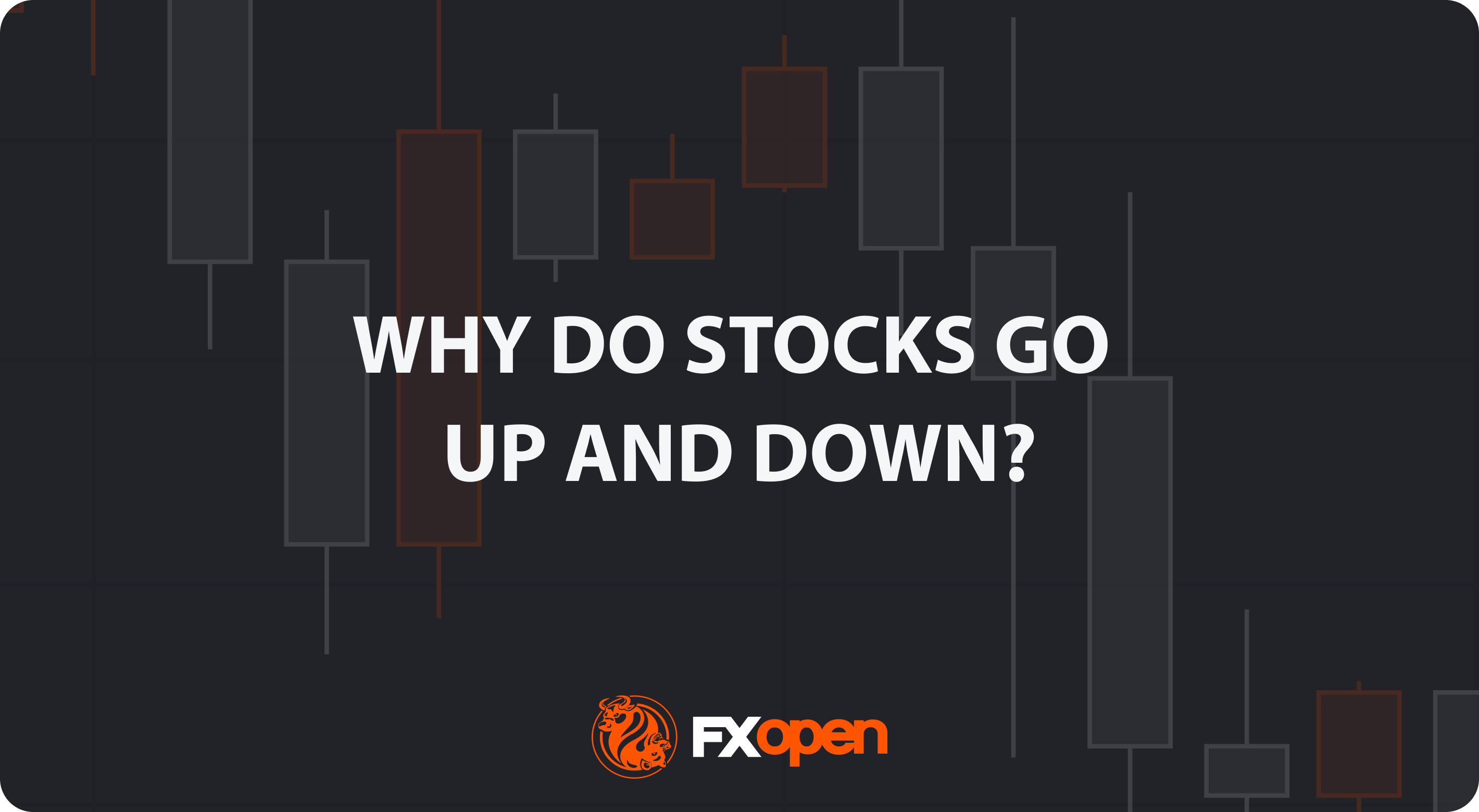FXOpen

It is well known among big corporates and government bodies in the United Kingdom, that large retail companies are experts at calculating public spending habits.
They are also excellent demographers . If you want to know how many people live in the country, any of the major supermarket chains will know the answer to the nearest hundred people based on food consumption.
The finely honed retail corporations of the UK are a lesson in efficiency.
That is why it is of great interest to note that retail giant Next has today indicated that it believes that the UK will experience a decrease in inflation very soon.
Next PLC, which is listed in the London Stock Exchange, reported its results today, and despite having shown a very positive set of figures, it’s shares are down substantially.
That may appear peculiar but that is not the real story here. The interesting aspect is that an indication of lower-than-expected inflation from one of the UK’s biggest retailers are likely to be monitored by the Bank of England, which increased the base rate of interest by a quarter of a percentage point last week in the latest string of interest rate rises that have been on the mind of the general public for almost 2 years now.
Next’s share price drop was not caused by a poor set of results - on the contrary they were good with profit increasing over the previous period, but actually by the company’s pessimistic opinion on what the rest of 2023 might look like from a retail perspective.
The company expected home sales to fall by 1.5% as a result of the continued cost of living crisis that is on going in the United Kingdom.
Let’s also bear in mind that the companies forecast relating to inflation states that inflation will slow down, not reverse.
Therefore whilst this is positive, Next still considers that inflation will continue, just not at such a high rate.
The pound has not been affected by this at all, and remains quite stable against the euro and dollar which is reassuring in itself, but of course, it is likely that investors and the British public will be happy to hear at least some light at the end of the tunnel, even if it is theoretical From a major company such as Next.
This article represents the opinion of the Companies operating under the FXOpen brand only. It is not to be construed as an offer, solicitation, or recommendation with respect to products and services provided by the Companies operating under the FXOpen brand, nor is it to be considered financial advice.
Stay ahead of the market!
Subscribe now to our mailing list and receive the latest market news and insights delivered directly to your inbox.








